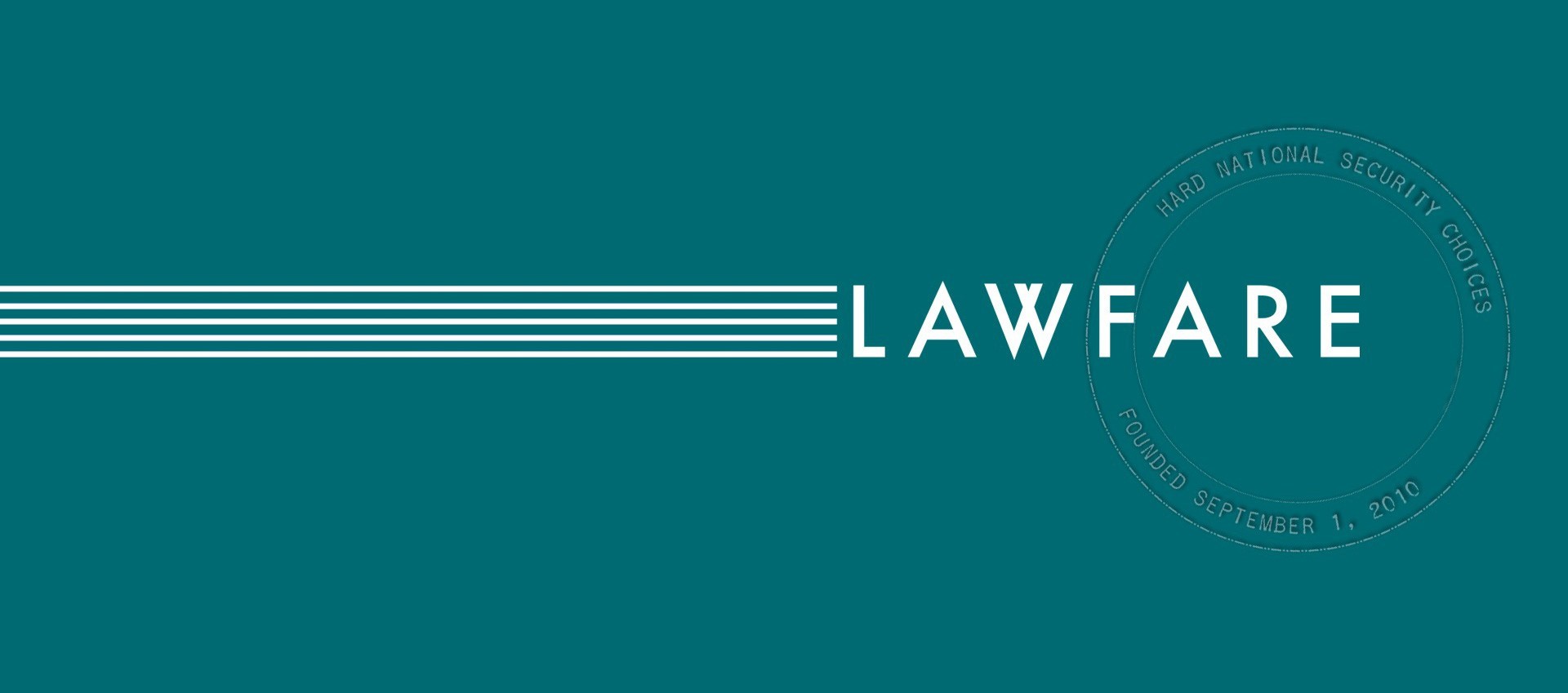The Cyberlaw Podcast: Interview with Sen. Sheldon Whitehouse
In our 190th episode, Stewart Baker has a chance to interview Sen. Sheldon Whitehouse (D-RI), who has a long history of engagement with technology and security issues. In this episode, we spend a remarkably detailed half-hour with him, covering the cybersecurity waterfront, from the FBI’s problems accessing the Texas church shooter’s phone, and what Silicon Valley should do about that, to Vladimir Putin’s electoral adventurism and how to combat it.
Published by The Lawfare Institute
in Cooperation With

In our 190th episode, Stewart Baker has a chance to interview Sen. Sheldon Whitehouse (D-RI), who has a long history of engagement with technology and security issues. In this episode, we spend a remarkably detailed half-hour with him, covering the cybersecurity waterfront, from the FBI’s problems accessing the Texas church shooter’s phone, and what Silicon Valley should do about that, to Vladimir Putin’s electoral adventurism and how to combat it. Along the way, we touch (skeptically) on the NIST Cybersecurity Framework and more enthusiastically on allowing private citizens to leave their networks to track the hackers who’ve attacked them. Plus: botnet cures, praise for Microsoft, a cybersecurity inspector general (or, maybe, bug bounties), DHS’s role in civilian cybersecurity, and how much bigger Rhode Island really is at low tide!
As always The Cyberlaw Podcast is open to feedback. Send your questions, suggestions for interview candidates or topics to CyberlawPodcast@steptoe.com or leave a message at +1 202 862 5785.
Subscribe to The Cyberlaw Podcast here. We are also on iTunes, Pocket Casts, and Google Play (available for Android and Google Chrome)!
The views expressed in this podcast are those of the speakers and do not reflect the opinions of the firm.




